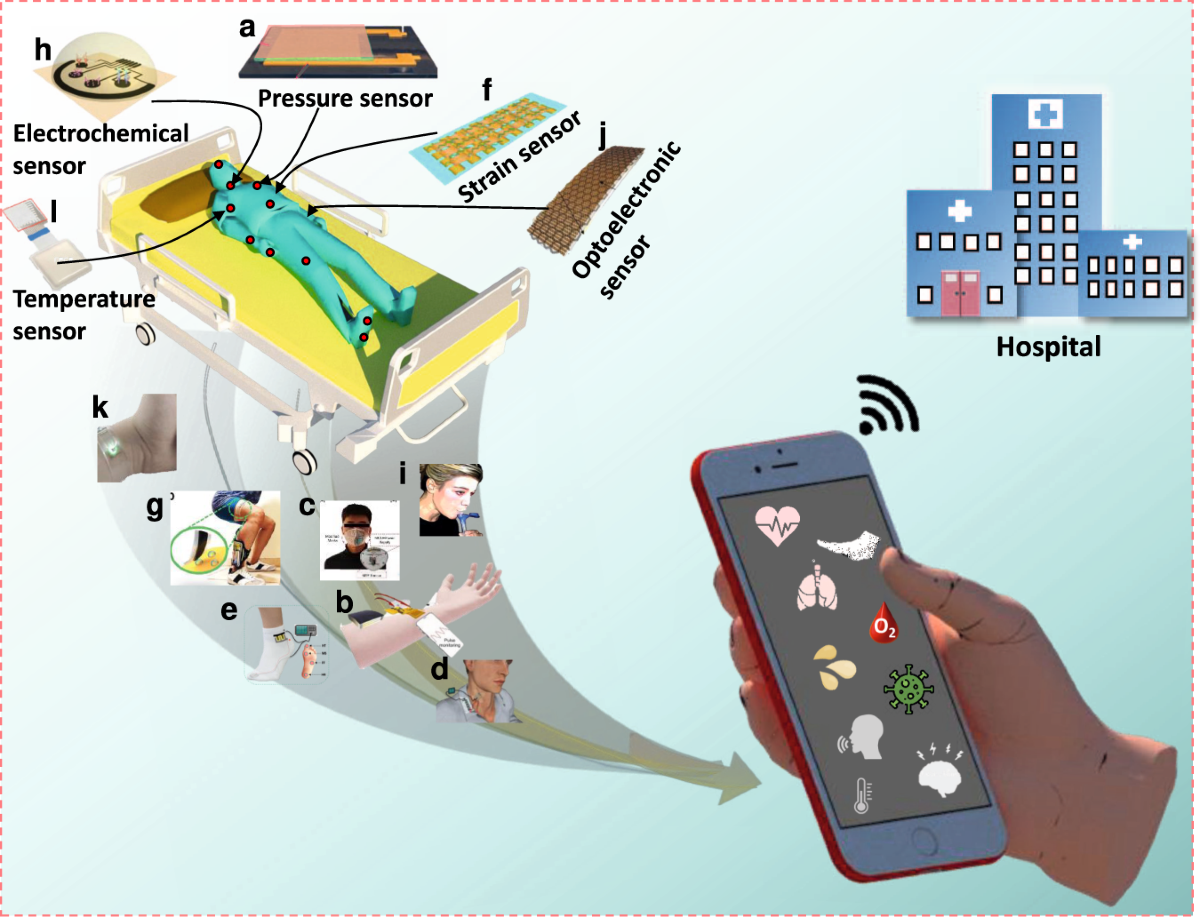Are Puberty Blockers Safe? Here’s What the Experts Aren’t Telling You!
Puberty blockers and hormone injections are medical interventions used to either delay or manage the onset and progression of puberty, primarily for gender-affirming care or for certain medical conditions affecting puberty.
1. Puberty Blockers: These are medications that delay the physical changes associated with puberty. They work by halting the release of sex hormones (like testosterone and estrogen) that initiate puberty. They are used for:
Gender Dysphoria: In transgender or non-binary youth, puberty blockers can give more time to explore gender identity before irreversible changes occur.
Precocious Puberty: For children experiencing early-onset puberty, these blockers help delay puberty to a more typical age.
Common puberty blockers include:
GnRH Agonists: Like Lupron (leuprorelin) and Supprelin LA (histrelin acetate), which suppress hormone signals to delay puberty.
2. Hormone Injections: These involve administering hormones like estrogen or testosterone to align physical development with gender identity. They are used in:
Gender-Affirming Hormone Therapy: For older adolescents and adults transitioning genders, hormone therapy helps induce secondary sex characteristics, such as facial hair or breast development.
Hormone Deficiency Treatment: In individuals with delayed puberty due to conditions affecting hormone production.
Both types of interventions are prescribed and monitored by healthcare providers, as they have significant effects on development and health.
Benefits of Puberty Blockers and Hormone Injections
1. For Gender Dysphoria:
Improved Mental Health: Puberty blockers can relieve distress in transgender youth by delaying unwanted physical changes, allowing them time to explore their gender identity. Studies have shown that affirming gender identity early often improves mental health outcomes.
Easier Transition: Delaying puberty can make it easier for individuals to transition to their identified gender later on. For instance, avoiding voice deepening or breast development can make future transitions smoother.
2. For Precocious or Delayed Puberty:
Normalizes Puberty Timing: Puberty blockers help children with precocious puberty to develop more in line with their peers, avoiding social and emotional challenges of early puberty. Hormone injections can also help those with delayed puberty begin development at a typical age.
Improved Health Outcomes: Blocking premature hormonal surges can prevent issues like reduced final adult height or other complications associated with early or delayed puberty.
3. For Gender-Affirming Hormone Therapy:
Enhanced Well-being: Hormone therapy for transgender individuals can align physical characteristics with gender identity, improving mental health, self-esteem, and quality of life.
Physical Changes: Testosterone injections can lead to a deeper voice and facial hair, while estrogen injections can promote breast development and soften facial features, allowing physical characteristics to match one’s gender identity.
Potential Drawbacks and Risks
1. For Physical Health:
Bone Density: Puberty blockers may affect bone density since puberty is a critical time for bone development. Long-term use could lead to lower bone density or potential fractures later in life, although this may be mitigated once hormone therapy begins.
Impact on Fertility: Both puberty blockers and hormone injections can potentially affect fertility. In some cases, starting gender-affirming hormones can make it difficult or impossible to conceive children later without additional interventions.
Other Side Effects: Hormone injections can cause side effects like mood swings, changes in cholesterol levels, and risks for blood clots (especially with estrogen therapy). These are usually monitored by healthcare providers to minimize risks.
2. Psychological and Emotional Impacts:
Uncertainty and Emotional Complexity: For young individuals, taking puberty blockers might be psychologically challenging, as they delay physical development that friends and peers might be experiencing. This could create a sense of isolation if not well-supported.
Potential Regret: In rare cases, individuals may decide later that they did not want to transition or alter their gender presentation, and reversing or stopping the effects of early interventions may be challenging.
3. Social and Ethical Considerations:
Societal Controversy: There’s significant debate surrounding the use of puberty blockers and hormone therapy for transgender youth, with some arguing for informed consent and others concerned about making life-altering decisions at a young age.
Access and Healthcare Inequality: Access to these interventions can be limited by geographic, financial, and regulatory factors, creating inequality in who can benefit from these treatments.
In summary, when carefully managed by healthcare providers, puberty blockers and hormone injections can be highly beneficial for gender-affirming care and treating atypical puberty. However, they require ongoing medical and psychological oversight to minimize potential risks and ensure that individuals understand the long-term implications.



